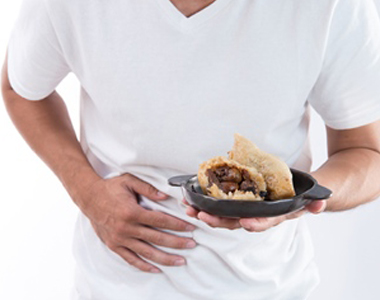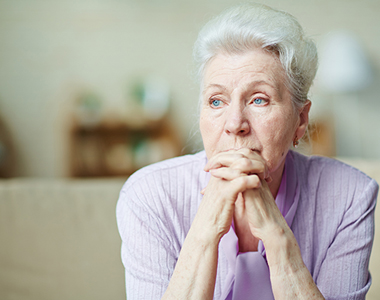
People fall at every age. This is especially true of young babies learning to walk. However, as we age, we become more concerned about falling. A fall at an older age can have serious consequences to our health and independence.
Path to improved safety
Talk with your doctor to see if you are at a higher risk of falling. In addition to age, certain medical conditions put you at risk, including arthritis, cataracts, and hip problems. Diseases, such Parkinson’s disease and multiple sclerosis (MS), also can affect your mobility and increase your fall risk. Other ways to reduce your risks include:
- Install good lighting in your home. A well-lit home will help you avoid tripping over objects that are not easy to see. Make sure your bedroom, hallways, stairs, and bathrooms are well lit.
- Fasten rugs firmly to the floor. Add nonskid backing so it doesn’t move and tack down loose ends and corners.
- Install hand rails in your bathroom for the bath, shower, and toilet. Add them to both sides of your stairs if you don’t already have them.
- Keep electrical cords away from high-traffic areas in your house.
- Store your most-used kitchen objects in easy-to-reach areas. This eliminates the need to reach high, bend over, or climb on a stool.
- Wear shoes with firm, nonskid soles. Avoid wearing loose-fitting shoes and slippers.
- Exercise regularly to keep your body, muscles, and bones healthy and strong.
- Get regular eye exams.
- Keep your feet healthy, especially if you have diabetes.
- Be aware of medicine side effects. Some medicines can cause dizziness.
- Use a cane or walker if your doctor recommends it.
- Don’t smoke, and limit alcohol to no more than 2 drinks per day.
- Ease in and out of bed. Sit on the side of the bed for a few minutes with your feet on the ground before you stand. Getting up too quickly can cause dizziness.
- Don’t go outside in icy conditions. If you must go out, plan ahead by having someone walk with you, treat the conditions with anti-icing materials, or have your walkways shoveled.
Things to consider
- Broken bones. Our bones become more brittle as we age. Broken bones take longer to heal as we age, keeping you restricted to bed or a wheelchair. Other breaks, such as hip fractures in the elderly, have been linked to death in as soon as 6 months after the fall. Additionally, you lose your ability to be independent when you can’t walk.
- Traumatic brain injury (TBI). This is a serious injury to your brain. It can happen if a fall causes you to hit your head (hard) on an object or on the floor.
- Cognitive decline. Alzheimer’s disease and other conditions that affect a person’s cognitive ability can increase the risk of falls.
Questions for your doctor
- At what age do falls lead to serious health problems?
- Do certain vitamin supplements and dietary changes strengthen aging bones?
- What physical activity and exercise is best for older persons trying to avoid a fall?











